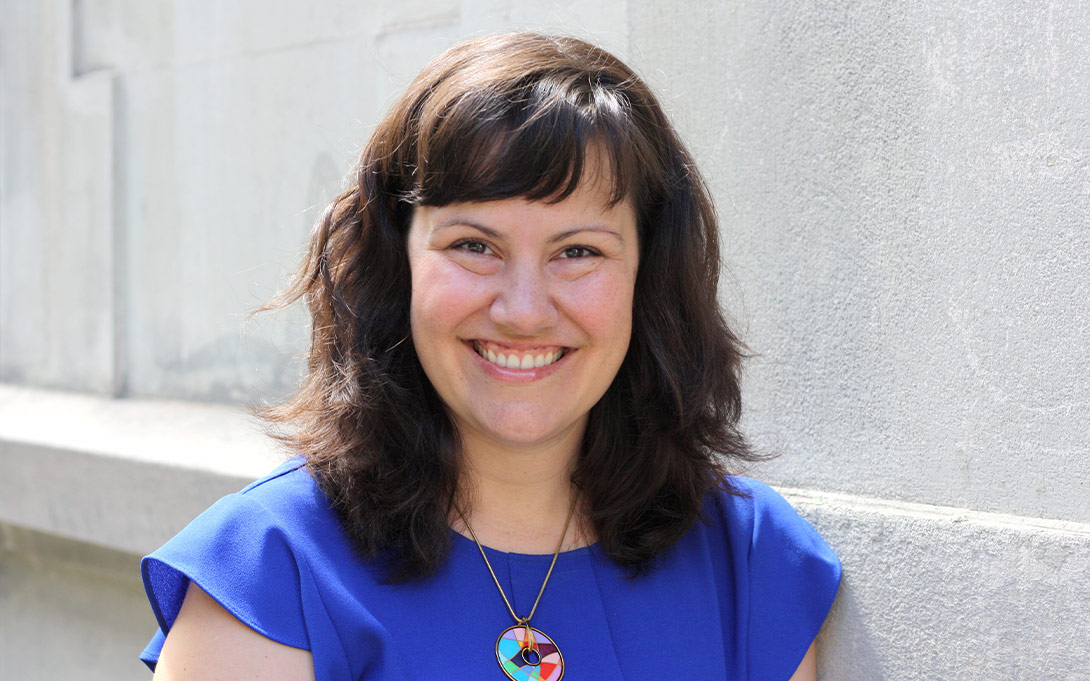
Natasha Pilkauskas, Colin Campbell (East Carolina University) and Christopher Wimer (Stanford University) have a forthcoming paper, "Giving Unto Others: Private Financial Transfers and Material Hardship Among Families with Children," that will be published in the Journal of Marriage and Family.
Abstract:
Despite substantial progress over the past 50 years in the fight against poverty (Fox et al., 2015; Wimer et al., 2013), poverty rates in the United States remain troublingly high (DeNavas-Walt & Proctor, 2015; Short, 2015), especially among families with children. In addition, many families – both poor and non-poor – express an inability to meet basic or essential needs (Short, 2005). In particular, levels of material hardship, the inability to afford food, housing, and other expenses, are quite high, extend fairly high up in the income distribution (Nelson, 2011), and are only moderately correlated with income (Mayer & Jenks, 1989; Meyer & Sullivan, 2003; Sullivan, Turner & Danziger, 2008). Understanding the roots of families’ inability to meet basic and essential needs is thus critical for understanding how to further reduce poverty and hardship.
One understudied potential contributor to material hardships suffered by families involves the networks of kin and non-kin relationships that low- and moderate-income families operate within. Long lines of research support the notion that these networks are critical for allowing low-income families to survive and get by in the face of chronic shortages of resources (Seefeldt & Sandstrom, 2015; Edin & Lein, 1997). Families also support each other strategically knowing that support networks often operate reciprocally such that support given today can be expected to yield potential sources of support given back tomorrow (Offer, 2012). But research on kin networks and financial transfers in kin and non-kin networks has largely focused on the recipients of support (e.g. Fingerman, Miller, Birditt & Zarit, 2009; Hurd, Smith & Zissimopoulos, 2011). We know less about how the provision of financial support to others affects the material well-being of the givers of financial transfers.
Using longitudinal data from the Fragile Families and Child Wellbeing Study (FFCWS), this paper seeks to fill that gap by examining whether the provision of private financial transfers is related to an increased risk of the experience of material hardship. We focus on families with young children as the experience of material hardship may be particularly detrimental to children’s development (Gershoff et al., 2007; Heflin, London & Scott, 2011; Zilanawala & Pilkauskas, 2012). Specifically, we examine the following questions: 1) Is providing private financial transfers linked with material hardship among families with young children? 2) Do the associations vary by type of material hardship (food, housing, bill, utility or medical)? 3) Does the association vary by the amount of the private financial transfer? And 4) are there differences in the associations by income level, race/ethnicity or relationship status?
Results from pooled regression and individual fixed-effects models indicate that providing financial transfers is linked with higher levels of hardship, especially bill and food hardship. The association between providing financial transfers and hardship is strongest for families who give smaller amounts of money and for the most economically disadvantaged groups. These findings have important implications for understanding how exchanges of financial assistance relate to poverty and how those relationships may reduce low-income families’ ability to achieve economic self-sufficiency.
